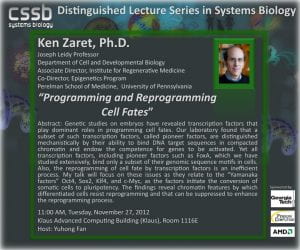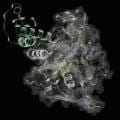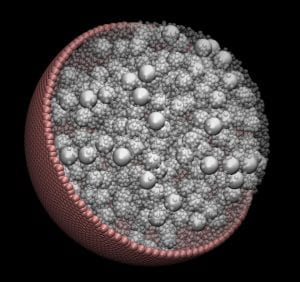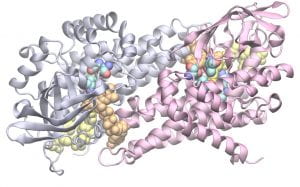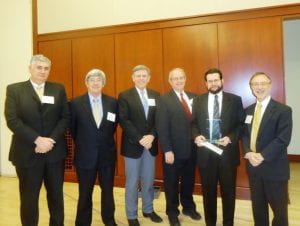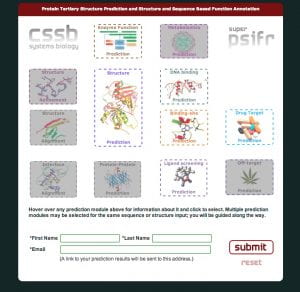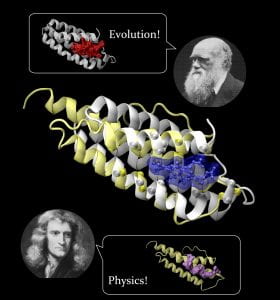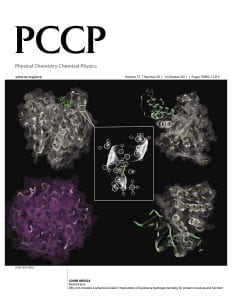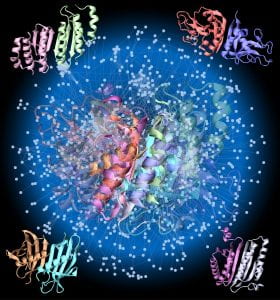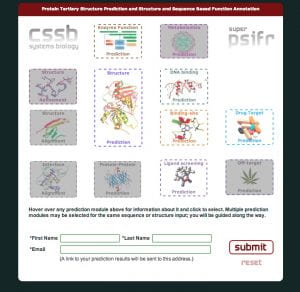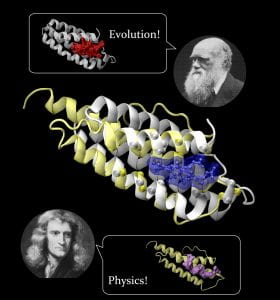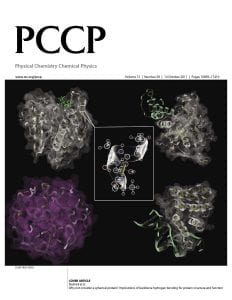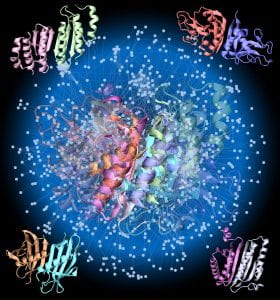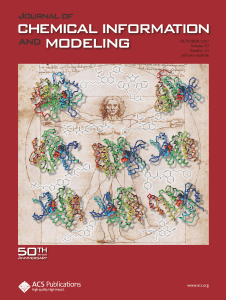 Distinguished Lecture Series Guest Speaker: Ken Zaret
Distinguished Lecture Series Guest Speaker: Ken Zaret
Joseph Leidy Professor, Department of Cell and Developmental Biology
Associate Director, Institute for Regenerative Medicine
Co-Director, Epigenetics Program
Perelman School of Medicine
University of Pennsylvania
Date & Time: Tuesday, November 27, 2012, 11:00AM
Location: Klaus 1116E
Host: Yuhong Fan
Abstract: Genetic studies on embryos have revealed transcription factors that play dominant roles in programming cell fates. Our laboratory found that a subset of such transcription factors, called pioneer factors, are distinguished mechanistically by their ability to bind DNA target sequences in compacted chromatin and endow the competence for genes to be activated. Yet all transcription factors, including pioneer factors such as FoxA, which we have studied extensively, bind only a subset of their genomic sequence motifs in cells. Also, the reprogramming of cell fate by transcription factors is an inefficient process. My talk will focus on these issues as they relate to the “Yamanaka factors” Oct4, Sox2, Klf4, and c-Myc, as the factors initiate the conversion of somatic cells to pluripotency. The findings reveal chromatin features by which differentiated cells resist reprogramming and that can be suppressed to enhance the reprogramming process.
Additional Info: Kenneth S. Zaret, Ph.D., is the Joseph Leidy Professor in the Department of Cell and Developmental Biology, the Associate Director of the Institute for Regenerative Medicine, and the Co-Director of the Epigenetics Program at the University of Pennsylvania School of Medicine. Ken’s interests include gene regulation, chromatin structure, and developmental/stem cell biology.
Lab Website
Faculty Profile
Profile, Institute for Regenerative Medicine
